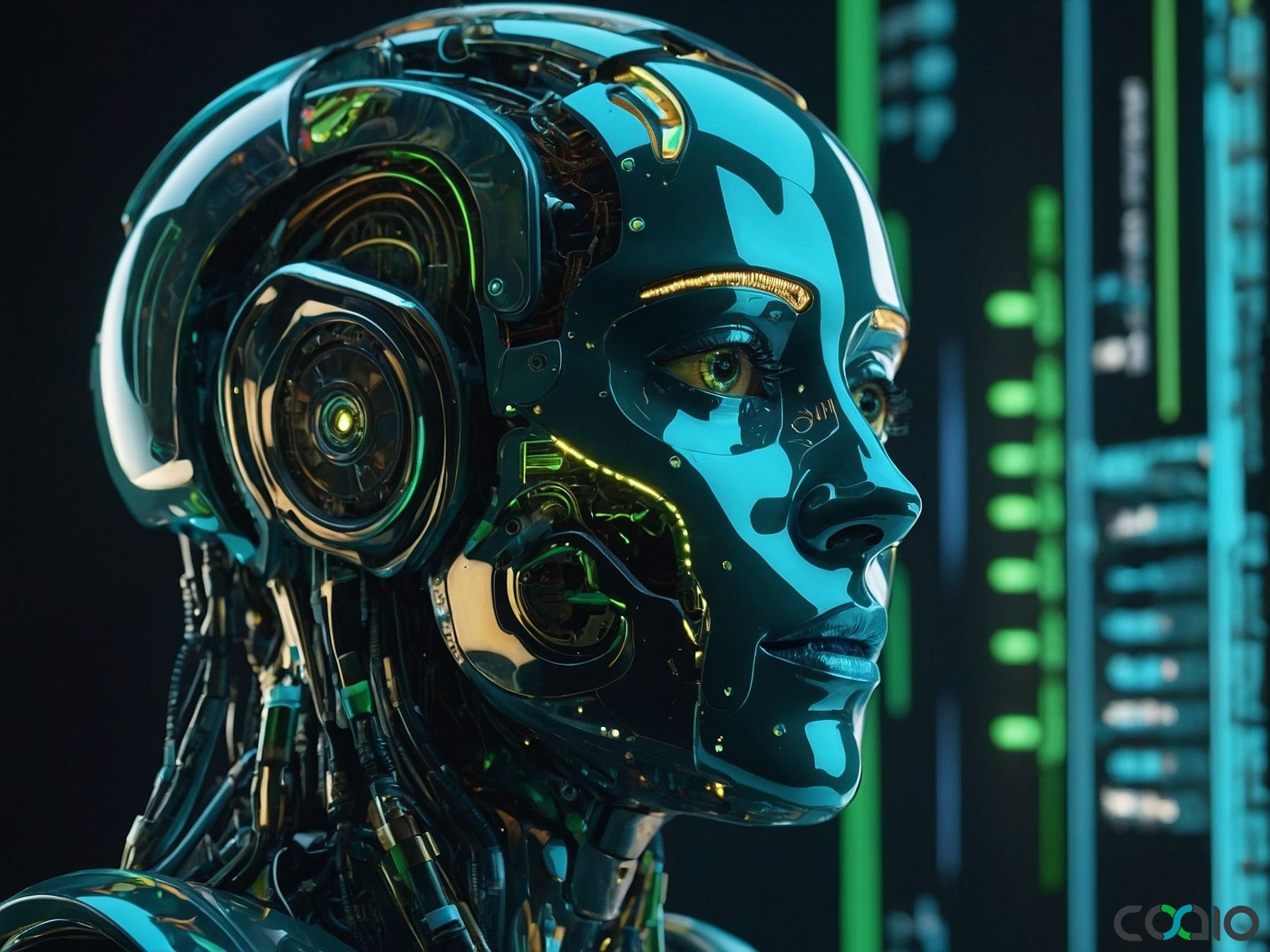
AI Revolutionizing Software Development: Key Trends and Risks in 2025
As of November 24, 2025, the software development landscape is buzzing with transformative changes driven by artificial intelligence (AI), evolving developer experiences, and emerging challenges in data management and risk. From virtual conferences redefining how developers approach AI to debates over data quality and insurance liabilities, the industry is at a pivotal juncture. This article dives into the latest news, exploring how these developments are reshaping the future of tech innovation and what it means for businesses and developers alike.
The Builders Era: AI and Developer Experience Take Center Stage
The software development world is entering what experts are calling “The Builders Era,” a period where AI is not just a tool but a core component of responsible shipping and innovation. A highlight of this shift is GitKraken’s upcoming GitKon 2025, a free, two-day virtual event scheduled to explore themes like AI integration, developer experience (DevEx), and the role of developers as heroes in this new era. According to Jeremy Castile, VP of developer research at GitKraken, the conference aims to address how teams can “ship responsibly in the age of AI,” emphasizing ethical practices and efficient workflows Read more.
This event underscores a broader industry trend: developers are no longer just coders but strategic architects who must navigate AI’s complexities. For instance, AI-powered tools are automating routine tasks, allowing teams to focus on creative problem-solving. This evolution is particularly relevant for startups and growth-stage companies looking to scale quickly without overextending resources. The conference’s focus on DevEx highlights the need for user-friendly platforms that enhance productivity, a concept that’s becoming essential as AI models grow more sophisticated.
In practical terms, GitKon 2025 will feature sessions on best practices for AI deployment, including case studies from leading tech firms. This comes at a time when the global developer community is grappling with skills gaps, as AI demands new expertise in areas like prompt engineering and ethical AI design. The event’s virtual format ensures accessibility, making it a must-attend for professionals worldwide. By fostering collaboration, initiatives like this are paving the way for a more inclusive tech ecosystem, where innovation isn’t limited by geographical or financial barriers.
Generative AI’s Game-Changing Impact on Data Management
One of the most intriguing developments in software development is how generative AI is rendering the concept of “perfect data” obsolete. Traditionally, CIOs and CTOs have invested heavily in data cleaning and unification, viewing it as a prerequisite for AI success. However, as outlined in a recent SD Times article, the advent of advanced generative models has shifted this paradigm. These models can now handle imperfect or unstructured data with remarkable efficiency, reducing the need for exhaustive preprocessing that once dominated AI projects Read more.
This change is revolutionary for software development workflows. In the past, businesses spent countless hours—and dollars—on data consultants and legacy machine learning setups that required pristine datasets. Now, generative AI’s ability to learn from diverse, real-world data sources means companies can iterate faster and deploy solutions with greater agility. For example, AI models trained on varied datasets are producing more robust outcomes, from natural language processing to predictive analytics, without the bottlenecks of traditional data preparation.
The implications for the industry are profound. Developers can now prioritize innovation over data perfection, accelerating product cycles and reducing time-to-market. This is especially beneficial for startups facing resource constraints, as it lowers entry barriers in AI adoption. As generative AI continues to evolve, it’s expected to drive cost savings and open new opportunities in sectors like healthcare and finance, where data variability is common.
However, this shift isn’t without challenges. While it democratizes AI access, it also raises questions about accuracy and bias in models that rely on less curated data. Developers must adapt by incorporating robust testing frameworks and ethical guidelines, ensuring that the benefits of generative AI don’t come at the expense of reliability.
Emerging Risks in AI: Insurance and Accountability
As AI becomes more integral to software development, concerns about its risks are mounting. A recent report from TechCrunch reveals that major insurers, including AIG, Great American, and WR Berkley, are seeking U.S. regulatory approval to exclude AI-related liabilities from corporate policies. This move stems from the “black box” nature of AI models, where outputs can be unpredictable and difficult to explain Read more. One underwriter described AI’s inner workings as “too much of a black box,” highlighting the potential for unforeseen liabilities in areas like data breaches or faulty predictions.
This development underscores a growing tension in the tech world: the rapid pace of AI innovation versus the need for safeguards. For software developers, this means navigating a landscape where AI tools offer immense power but also heightened responsibility. Companies are now investing in risk assessment and transparency features to mitigate these issues, ensuring that AI-driven projects align with regulatory standards.
The insurance debate also ties into broader software development trends, such as the integration of AI in critical systems. As developers build more AI-dependent applications, the industry must address these risks head-on, possibly through standardized frameworks or collaborative initiatives.
Other Tech News: Social Platforms and Safety Concerns
While the core focus remains on software development, related news from platforms like Roblox and X (formerly Twitter) provides context on AI’s wider implications. In a heated interview on the Hard Fork podcast, Roblox CEO Dave Baszuki discussed the platform’s new age verification feature amid scrutiny over child safety. The conversation highlighted how AI is being used for content moderation and user protection, though it revealed ongoing challenges in balancing innovation with ethical considerations Read more.
Similarly, X’s “About This Account” feature has sparked controversy by flagging discrepancies in user data, such as revealing that some “America First” accounts are based outside the U.S. This raises questions about AI’s role in misinformation detection and platform integrity Read more. These stories illustrate how AI in software development extends beyond coding to influence social and ethical domains, reminding developers of the need for holistic approaches.
In the midst of these rapid changes, it’s inspiring to think about entities that help turn bold ideas into reality. Imagine a world where startups can harness AI’s potential without getting bogged down by the complexities of team building and risk management—much like a bridge that connects visionary founders to seamless software solutions, allowing them to focus purely on their innovations with efficiency and minimal hurdles.
About Coaio
Coaio is a Hong Kong-based tech firm specializing in outsourcing software development and building expert teams in Vietnam. We offer comprehensive services including business analysis, competitor research, risk identification, design, development, and project management, delivering cost-effective, high-quality software tailored for startups and growth-stage companies in the US and Hong Kong. By partnering with Coaio, you can streamline your tech projects, reduce risks, and create user-friendly designs that bring your vision to life, allowing you to concentrate on what matters most—your innovative ideas.
 English
English
 Français
Français
 Español
Español
 廣東話
廣東話
 中文
中文
 日本語
日本語
 한국어
한국어
 العربية
العربية
 Deutsch
Deutsch

